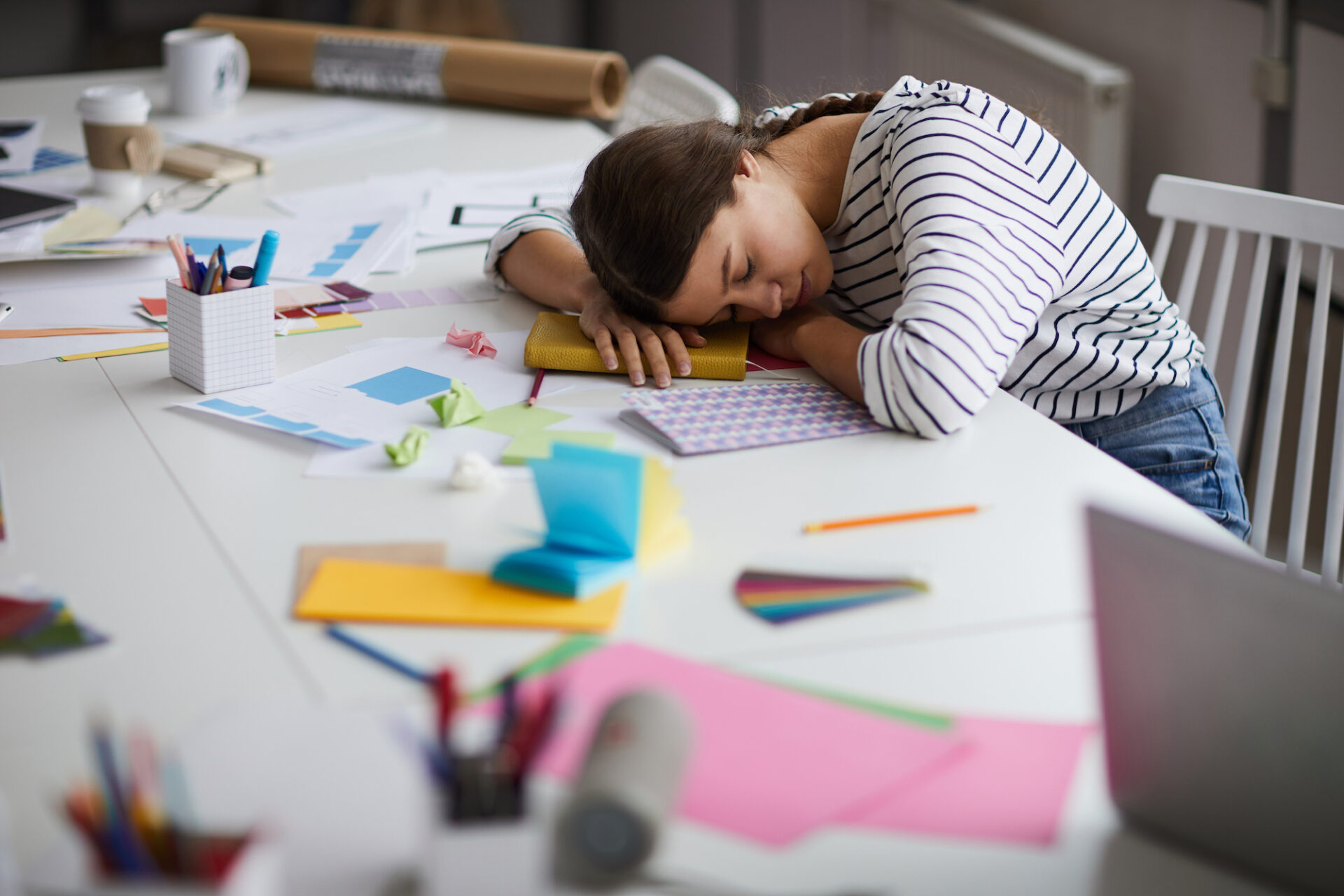
Conquering Burnout: Strategies for Thriving in our Busy World
Burnout — how do you recognise it in yourself when it strikes?
Burnout is a state of exhaustion that can be triggered by a barrage of chronic stressors accumulating over time, both physically and mentally draining you, and inevitably affecting your performance.
Here are some unmistakable signs that you might be grappling with burnout:
- Exhaustion: Feeling persistently tired, mentally and physically.
- Lack of Motivation: Losing enthusiasm for your work or studies.
- Frustration: Uncharacteristic outbursts directed at family or friends.
- Mental Fog: Struggling to focus on tasks or recall important information.
Burnout often results from insufficient rest coupled with an overwhelming workload. While it’s typical for students to experience mild burnout toward the end of a trimester, there are effective strategies to minimise its impact and bounce back. So, let’s dive into this blog to equip you with the tools to conquer burnout!
If burnout had a singular remedy, it would be “rest.” However, rest isn’t just about getting enough sleep; it encompasses six distinct types of rest that should become integral to your daily routine to combat burnout effectively:
1. Physical Rest:
- Passive physical rest involves getting ample sleep, the cornerstone of well-being.
- Active physical rest engages your body through activities like yoga or massage therapy, revitalising you physically.
2. Mental Rest:
- Mental fatigue is a common companion during busy periods. Incorporate regular breaks into your day – even a brief 10-minute respite from screens can work wonders. Take short walks, pat a dog, find a quiet spot, or indulge in a few pages of a book to recharge your mind.
3. Sensory Rest:
- Sensory overload from noise and screens can be overwhelming. Resist the urge to mindlessly scroll on your phone or binge-watch Netflix. Instead, seize the opportunity to go for a walk, take a relaxing bath, or simply close your eyes for a few minutes to reset your senses.
4. Creative Rest:
- Creative exhaustion is real. Balance creation and consumption by engaging in a hobby that allows you to rejuvenate your innovative thinking. Whether it’s dancing, reading, drawing, acting, or singing, explore activities that bring joy without pressure.
5. Emotional Rest:
- Learning to say no when needed is crucial for your emotional well-being. It’s acceptable to decline invitations, projects, or extra work when you’re already stretched thin. Prioritise your emotional health – it’s okay to say no!
6. Social Rest:
- Being constantly surrounded by people can be draining, especially for introverts. Make it a priority to spend time with those who uplift you rather than drain you. Strive for a balance in your social interactions, especially during hectic times.
Incorporate these strategies into your life, especially when navigating the challenges of adulthood. Remember, if you ever find yourself struggling with the demands of work or life in general, support is available to you. Don’t hesitate to seek assistance and remember to prioritise your well-being along your journey.
You’re never alone at UNE.
Our team at Advocacy and Welfare offers confidential support to students! Contact us here.
Student Success also has confidential counselling for students, you can find them here.
Lifeline is also a 24/7 hotline and you can call them on 13 11 14


